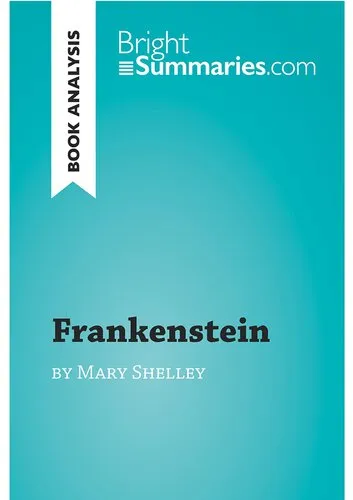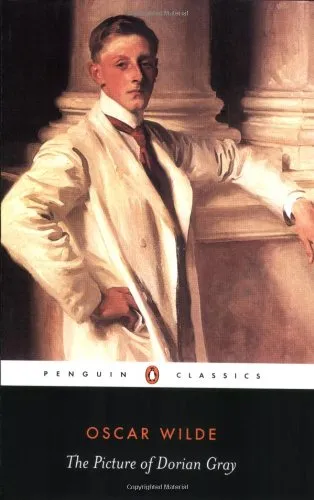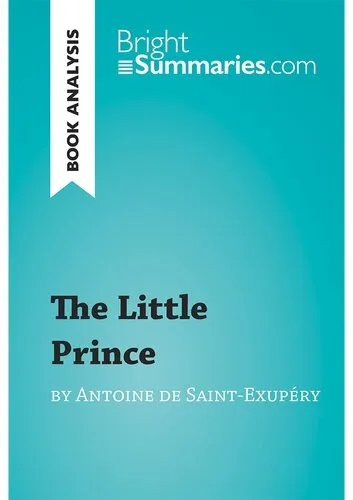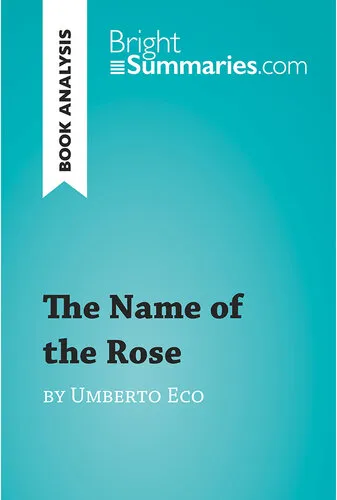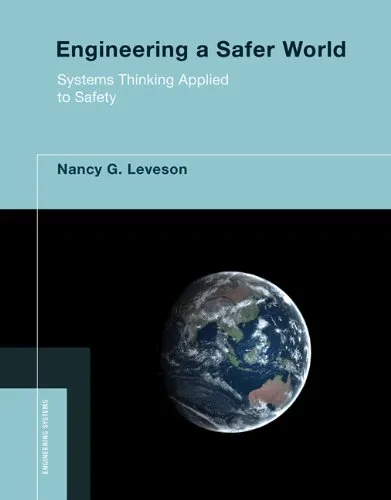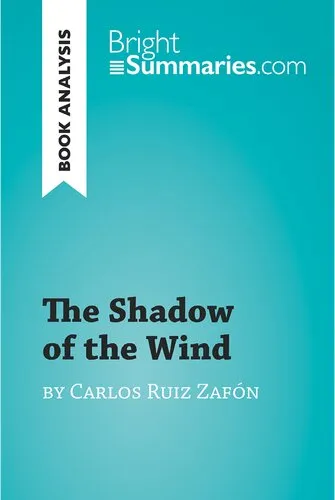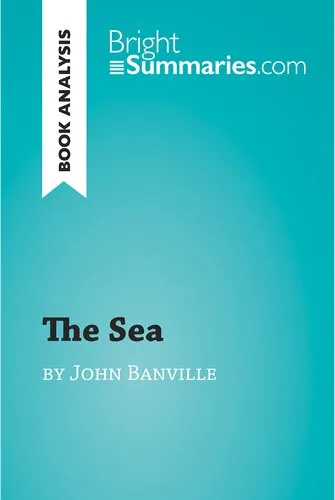Frankenstein by Mary Shelley (Book Analysis): Detailed Summary, Analysis and Reading Guide
4.0
Reviews from our users

You Can Ask your questions from this book's AI after Login
Each download or ask from book AI costs 2 points. To earn more free points, please visit the Points Guide Page and complete some valuable actions.Related Refrences:
Introduction
Mary Shelley's "Frankenstein" is a singular work of literature that has woven itself into the very fabric of our cultural understanding. Born from a challenge among friends to write ghost stories on a cold, tempestuous night in the summer of 1816, Shelley’s tale has endured and resonated throughout generations. In this book analysis, we will delve deep into the elements that make "Frankenstein" a cornerstone of Gothic literature, exploring its plot, themes, and enduring influence on both literature and society.
Detailed Summary of the Book
"Frankenstein" follows the ambitious and tragic story of Victor Frankenstein, a young scientist driven by a desire to conquer the secrets of life. Victor's journey begins with his early fascination with the natural sciences. This obsession propels him toward a groundbreaking, yet dangerous, experiment: creating life from death. In a fervent quest for knowledge and accomplishment, Victor succeeds in bestowing life upon a patchwork creature assembled from body parts obtained from corpses.
However, Victor's success quickly turns into a haunting reality as the creature, initially filled with innocence, becomes increasingly aware of the rejection and fear it incites in humans. This alienation sets off a catastrophic chain of events, ultimately leading to the destruction of everything Victor holds dear. The narrative poignantly explores themes of ambition, isolation, and the human condition, all portrayed through the vivid language and emotionally charged prose that characterizes Shelley's writing.
Key Takeaways
- The Duality of Creation and Responsibility: Shelley’s novel delves deep into the ethical and moral responsibilities tied to creation, especially scientific endeavors.
- Isolation as a Recurrent Theme: Both Victor and his creation suffer profound loneliness, showcasing the destructive impacts of alienation and the need for companionship.
- The Intersection of Science and Philosophy: "Frankenstein" invites readers to question the limits of scientific pursuit and the potential consequences on society and morality.
- Nature vs. Nurture Debate: The creature’s development from misunderstood being to vengeful entity sparks a profound inquiry into human behavior's nature and nurture aspects.
Famous Quotes from the Book
- "Beware; for I am fearless, and therefore powerful."
- "I ought to be thy Adam, but I am rather the fallen angel, whom thou drivest from joy for no misdeed."
- "Nothing is so painful to the human mind as a great and sudden change."
- "Life, although it may only be an accumulation of anguish, is dear to me, and I will defend it."
Why This Book Matters
Mary Shelley's "Frankenstein" remains a monumental work not only because of its narrative brilliance but also due to its deep philosophical questions and societal critiques. It compels the reader to ponder the potential consequences of unchecked scientific exploration, while simultaneously offering a cautionary tale about the ethical implications of playing God. The timelessness of its themes, such as the fear of the unknown, the pursuit of knowledge, and the tragedy of isolation, renders "Frankenstein" a relevant and thought-provoking read in the modern age.
The novel's reflection on human nature, identity, and the desire for acceptance continues to resonate with readers, allowing the story to transcend time and cultural shifts. As society grapples with technological advancements and their ethical dimensions, Shelley's classic provides a powerful lens through which to examine our current trajectory. "Frankenstein" is not merely a Gothic novel; it is a profound inquiry into what it means to be human, making it an essential part of literary discussions across generations.
Free Direct Download
You Can Download this book after Login
Accessing books through legal platforms and public libraries not only supports the rights of authors and publishers but also contributes to the sustainability of reading culture. Before downloading, please take a moment to consider these options.
Find this book on other platforms:
WorldCat helps you find books in libraries worldwide.
See ratings, reviews, and discussions on Goodreads.
Find and buy rare or used books on AbeBooks.
1560
بازدید4.0
امتیاز0
نظر98%
رضایتReviews:
4.0
Based on 0 users review
Questions & Answers
Ask questions about this book or help others by answering
No questions yet. Be the first to ask!
